If linguistic choices are any guide, Greeks have a lot to say about love. So much that they need four different words to say it, when in English there is only one.
- Eros refers to passionate, intimate love—not only romantic or sexual, but also spiritual. Theologians speak of an eros-driven relationship between each of us and God. This concept was explored at length by ancient theologians like St. John Chrysostom, and finds expression in Psalm verses such as “My soul has thirsted for you.”
- Philia is the love that arises among friends and siblings, a bond forged through shared purposes and values. Philadelphia’s name pays homage to this type of love in sibling relationships.
- Agápi describes selfless, profound caring—a love that desires what is best for another, expecting nothing in return.
- Storgí is unconditional love, often described as sacrificial or divine. It is the kind of love depicted by Jesus on the Cross.
The subject of the album, Evlogía, is our journey to connect with God. Because learning how to love—truly and deeply—is one of the essential aims of any spiritual path, several of the tracks in this album portray these distinct types of love musically. King of Heart is about the Eros of King David’s yearning to connect with God that we hear in his psalms.
The piece entitled, Agápi, began as a short poem, the text of which is available on Pano Hora Ensemble’s Project page for the album. But I decided not to include a vocalization of that text in the recording. I think the instruments by themselves are better able to convey what I wanted to express. The piece combines two complementary melodic themes, which similarly to people in a relationship, coexist and build upon each other.
I never wrote any text connected to Storgí. I composed it in response to learning that our flautist, Ginevra Petrucci, would be teaming up with the Trio Fadolín (for which I had already written a Suite, which appears on the album, Old World, New World). The combination of flute, fadolín, violin and cello creates novel possibilities, especially for contrasting upper and lower register combinations of sound, which I thought would be suited to the theme of Storgí.
The fadolín is a recently invented six-stringed instrument that looks like a violin. Its upper range is the same as the violin, but its lowest note is only a fourth above the lowest note on a cello. When the cello and fadolín play together in the lower register the sound is unique and unfamiliar because the low notes on the fadolín have a gravelly quality due to the smaller size of the instrument.
In contrast to the simple sweetness of Agápi, in Storgí I wanted to create sounds that combine sweetness with pain, expressing the unwavering commitment of unconditional love in the face of pain. I cannot explain how sounds are able to convey such things, and maybe I am deluding myself to think they do. It might all just be in my head. The great thing about music is that each of us provides a validation test for the emotional content of musical ideas. The human experience test is the only one that matters. So please listen, and decide for yourself.
.png)
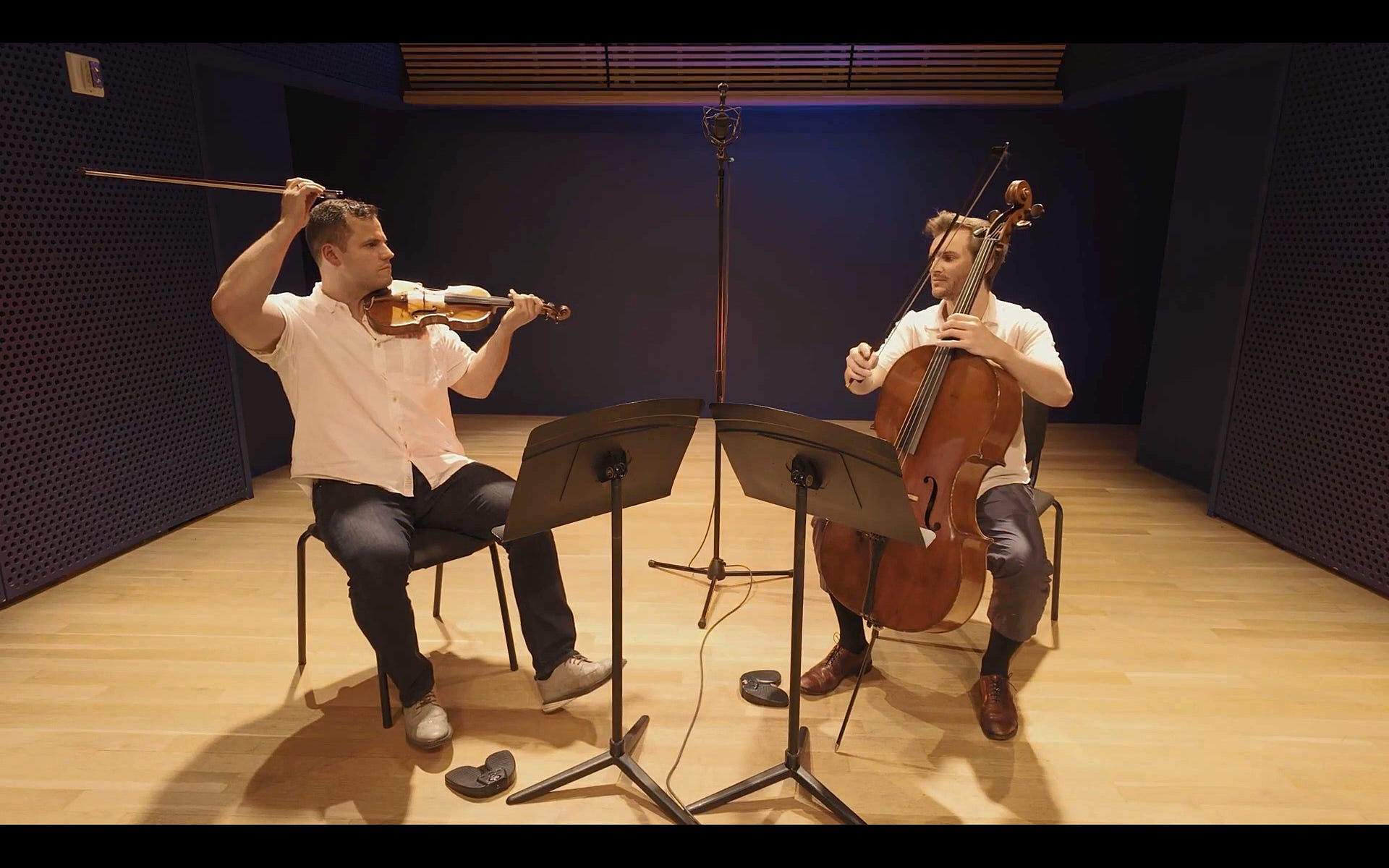
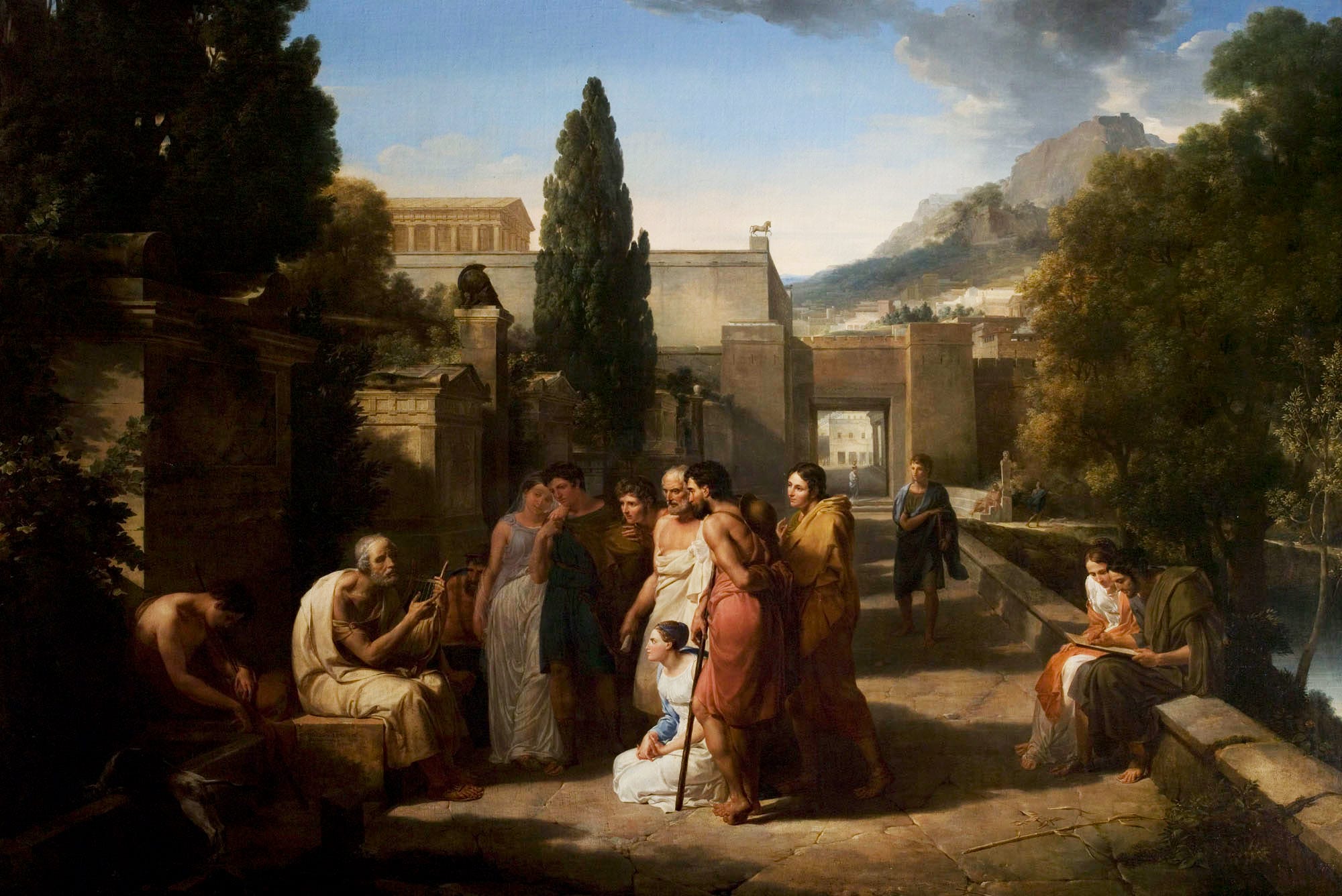
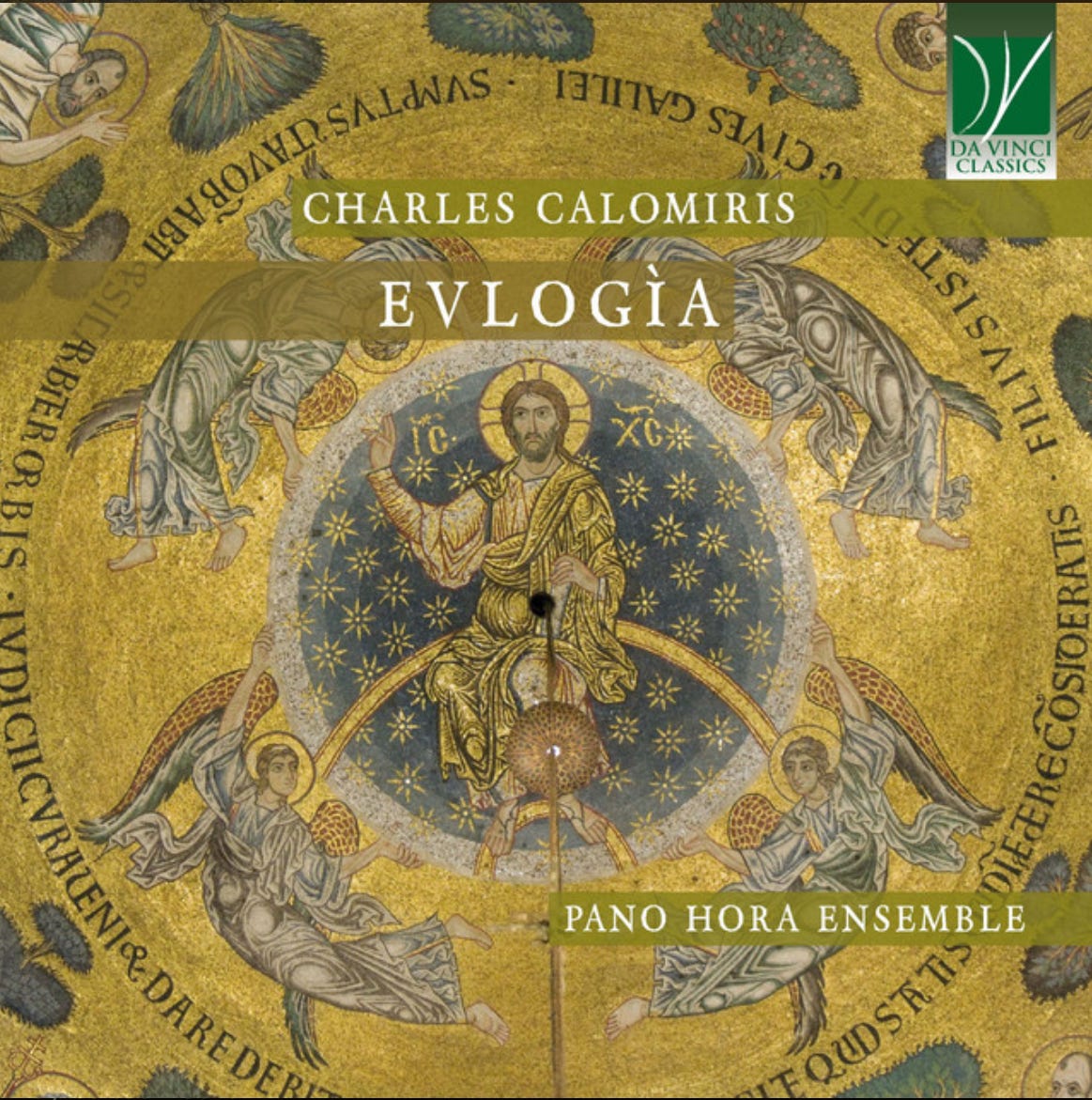


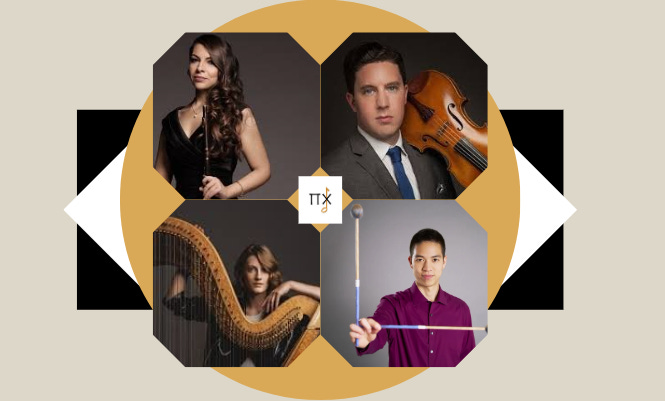
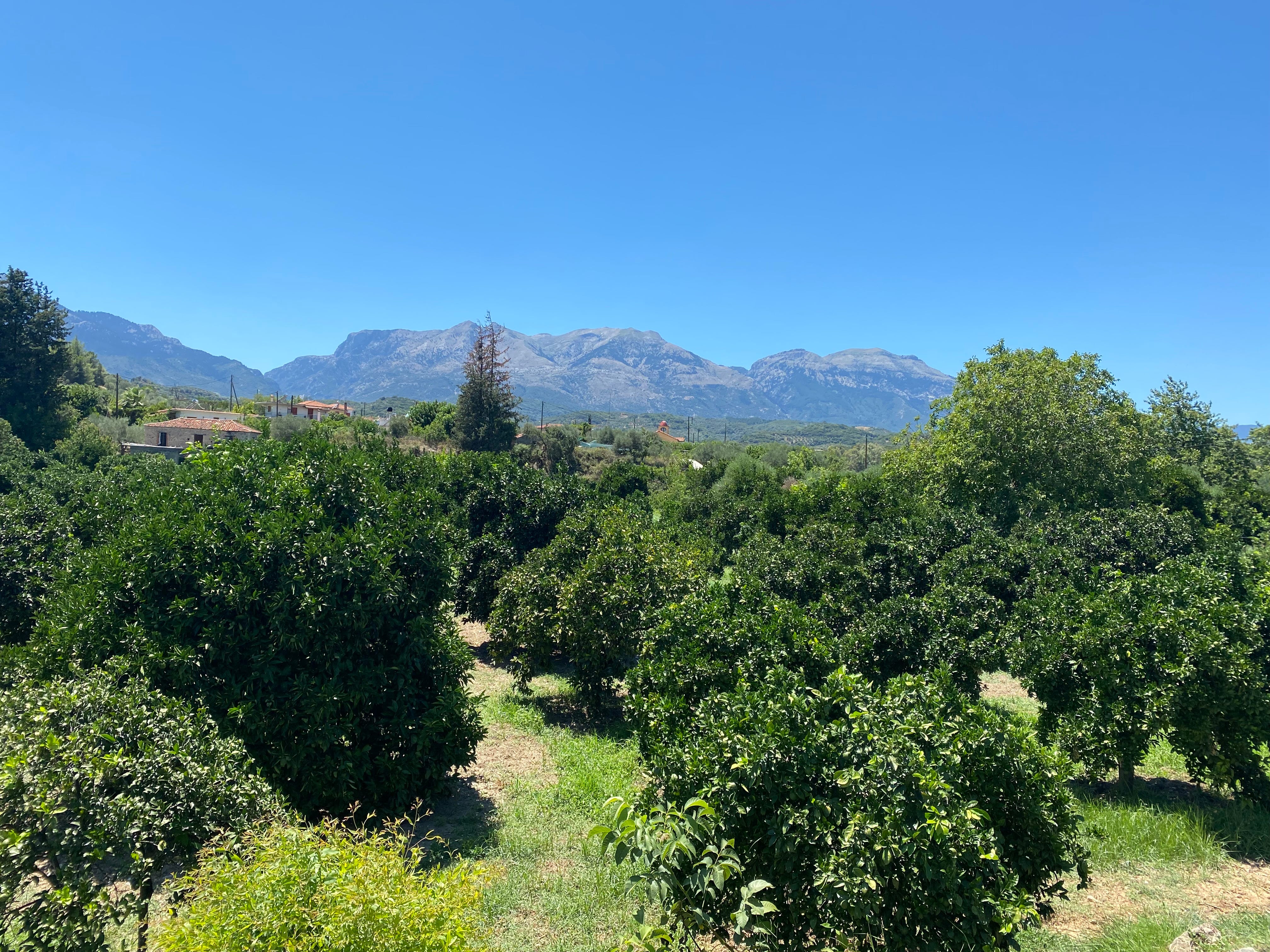

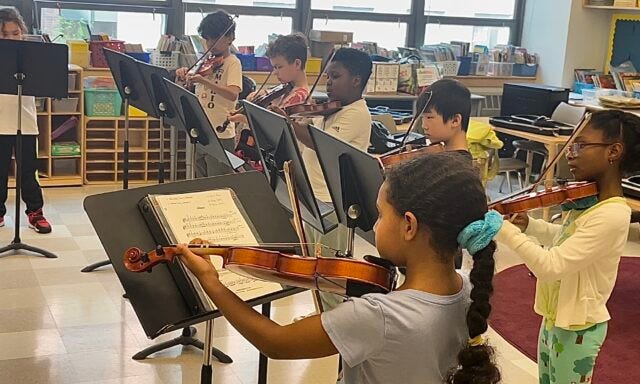
.avif)
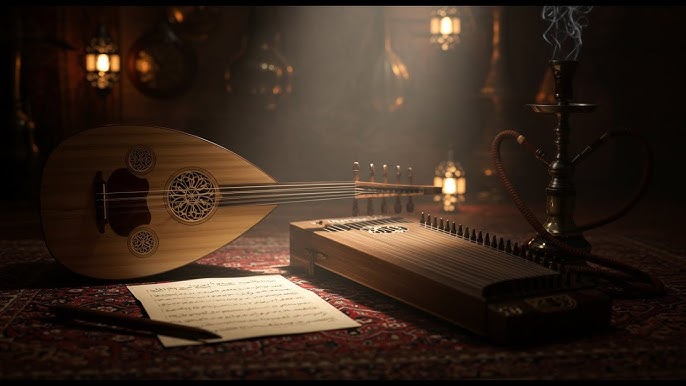

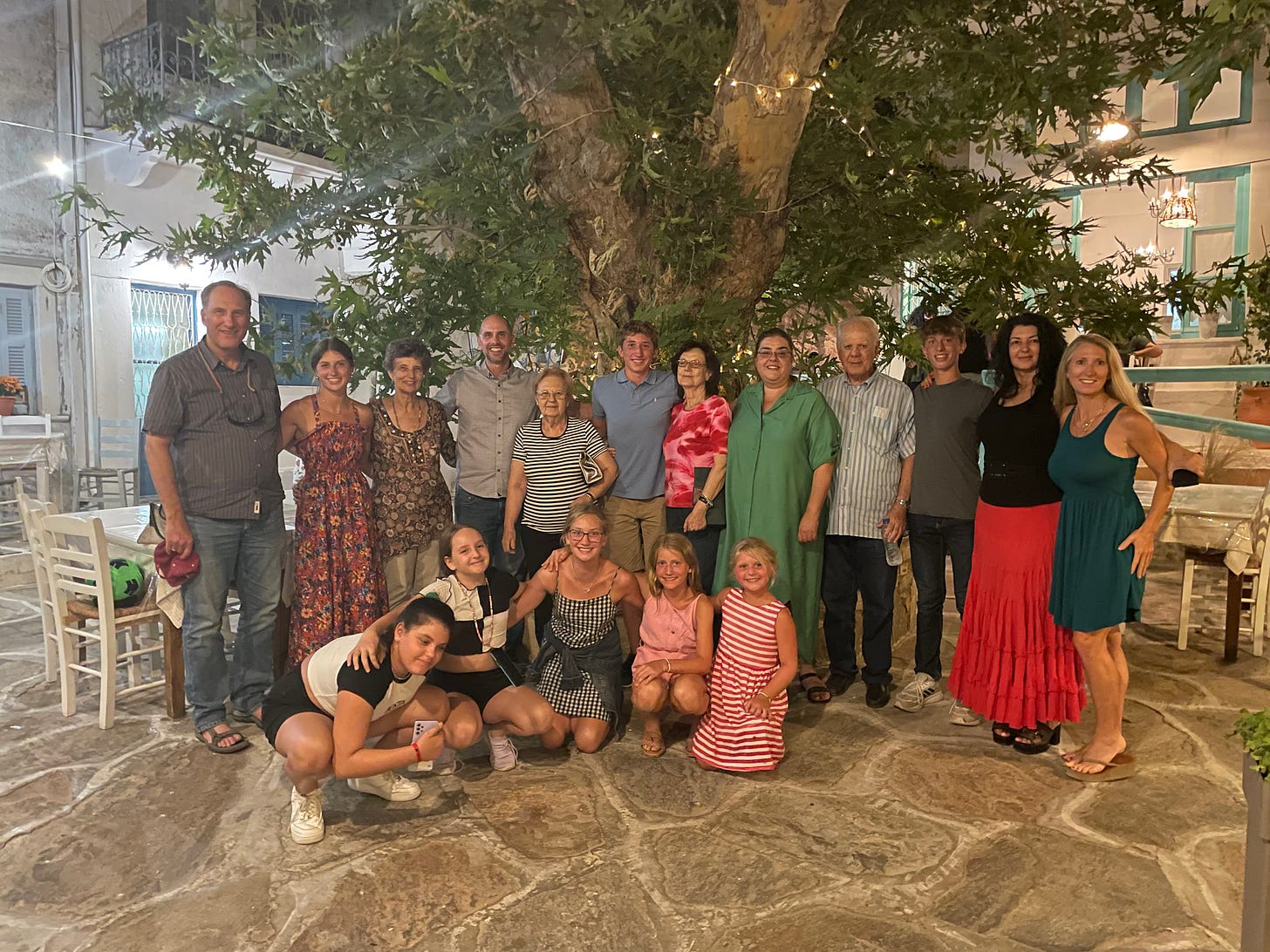
.png)

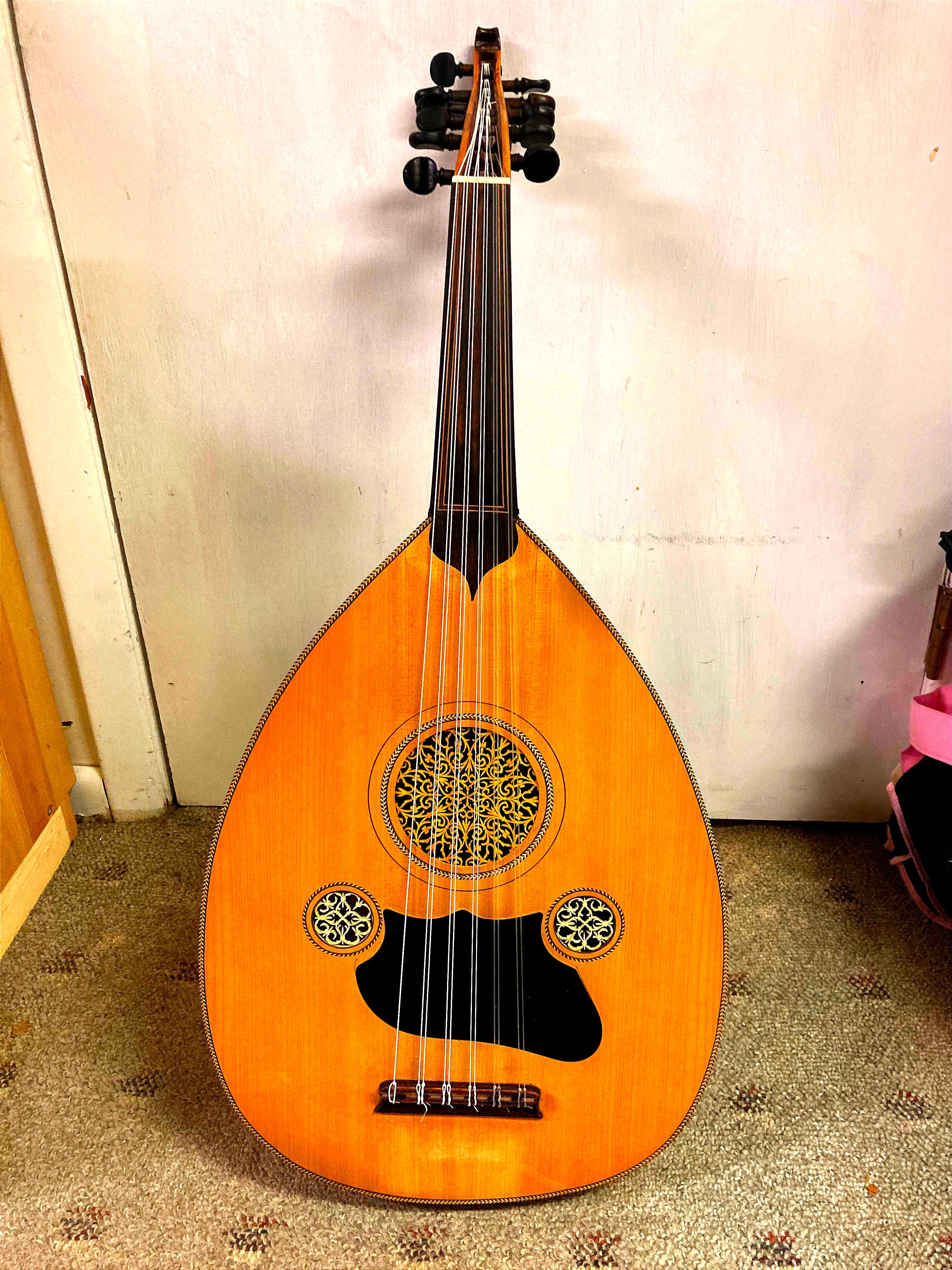


.png)


.png)




.jpg)
